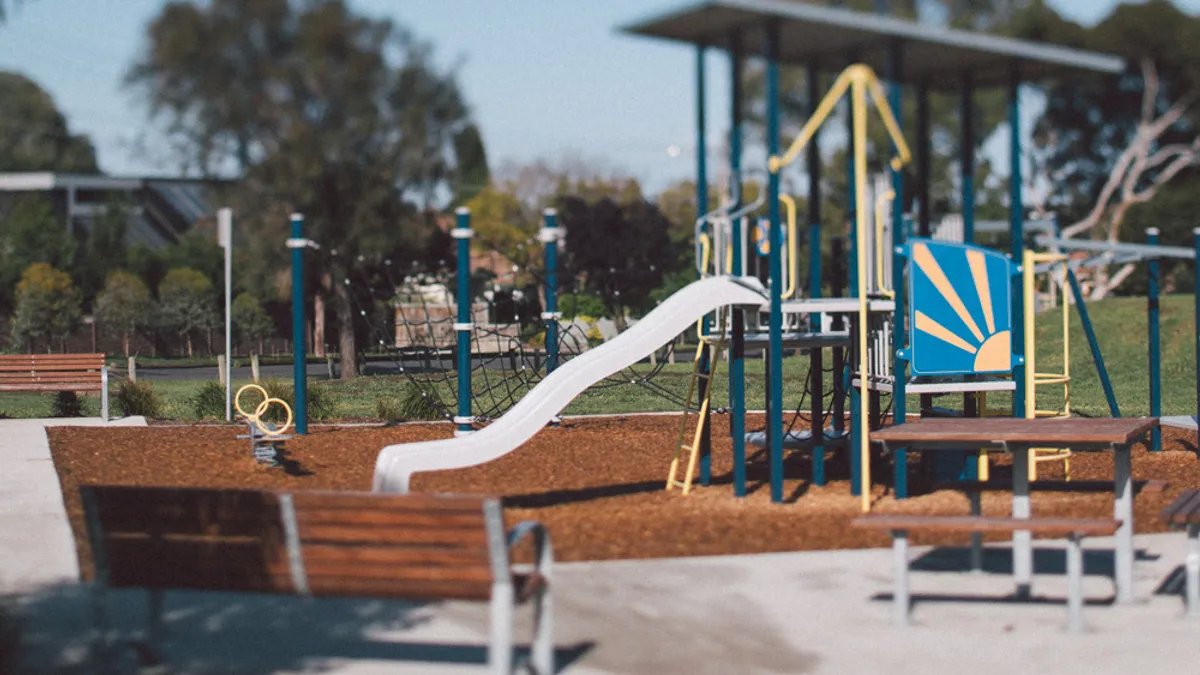Dive Brief:
- Florida and Rhode Island recently enacted recess laws, joining the list of four other states that require recess, eight that mandate “general activity,” and 11 others that officially recommend recess, while other states have laws pending on the matter.
- The Centers for Disease Control and Prevention reviewed 50 studies and concluded that exercise and movement are positively associated with learning and that more parents are demanding recess for kids.
- The main issues schools face are time and supervision: Some schools are carving out non-instructional time to allow for recess and some are hiring recess coaches or rotating staff members to provide supervision.
Dive Insight:
For children in preschool, elementary and even middle schools, play is a necessary part of learning. Recess allows students to have physical activity which is necessary for prevention of obesity and for proper development of strength and sensory functions. Recess also allows opportunities for students to put social-emotional learning into practice.
According to the American Academy of Pediatrics' statement, “Recess serves as a necessary break from the rigors of concentrated, academic challenges in the classroom. But equally important is the fact that safe and well-supervised recess offers cognitive, social, emotional, and physical benefits that may not be fully appreciated when a decision is made to diminish it. Recess is unique from, and a complement to, physical education — not a substitute for it. The American Academy of Pediatrics believes that recess is a crucial and necessary component of a child’s development and, as such, it should not be withheld for punitive or academic reasons.”
There is some debate, however, over whether recess should be structured or unstructured. Structured recess involves planned activities under the direction of a recess coach or someone serving in that capacity, and students are encouraged to participate. However, Dr. Romina M. Barros, an assistant clinical professor at Albert Einstein College of Medicine in the Bronx who is a recognized authority on the subject of recess, says that children still benefit most from recess when they are “free to do what they choose to do.” Structured recess is too much like classroom learning, she said. “You still have to pay attention,” she said. “You still have to follow rules. You don’t have that time for your brain to relax.”






 Dive Awards
Dive Awards






